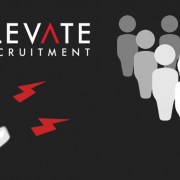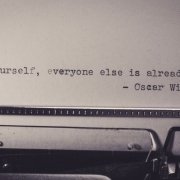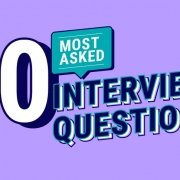Navigating Australia’s job market in a cooling economy: strategies for success
Australia has long been renowned for its vibrant economy and robust job market, attracting both local talent and skilled professionals from around the globe. However, recent economic indicators for 2024 suggest a cooling trend, presenting challenges for job seekers and employers alike. In this post, we explore the current state of Australia’s job market amidst a cooling economy and look at strategies for navigating uncertain times.
In recent years, Australia has experienced steady economic growth fueled by factors such as a booming resource sector, robust construction activity, and strong domestic consumption. However, several factors have contributed to a slowdown in economic momentum, including global economic uncertainties and international political tension.
The impact of this cooling economy is felt across various sectors, with job creation slowing down and unemployment rates edging up. Industries heavily reliant on consumer spending, such as retail and hospitality, have been particularly affected, while sectors like manufacturing and construction are also facing challenges due to lower investment and weaker demand.
Challenges for Job Seekers: For job seekers, navigating the current job market presents unique challenges. With job opportunities starting to slow and increased competition for roles, securing employment can be more challenging than during periods of economic growth. Additionally, uncertainty surrounding the future of the economy may lead to hesitation among employers to make new hires or expand their workforce.
Strategies for Success: While the job market may seem more challenging in a cooling economy, there are several strategies that job seekers can use to enhance their prospects:
- Diversify your skillset: In a competitive job market, having a diverse skillset can set you apart from other candidates. Consider acquiring new skills or certifications that are in demand across multiple industries.
- Network effectively: Networking remains one of the most powerful tools for finding job opportunities, even in a challenging economic environment. Attend industry events, join professional associations, and leverage online platforms like LinkedIn to connect with potential employers and industry peers.
- Be flexible and adaptable: Flexibility is key during uncertain times. Be open to exploring opportunities outside your usual scope or industry, and demonstrate your ability to adapt to changing circumstances.
- Upskill through education: Consider pursuing further education or professional development courses to enhance your qualifications and stay competitive in the job market. Many institutions offer flexible online learning options that allow you to upskill while balancing other commitments.
- Stay resilient and persistent: Job searching can be a rollercoaster of highs and lows, especially in a challenging economic climate. Stay resilient, remain persistent, and don’t be discouraged by setbacks. Every rejection brings you one step closer to your next opportunity.
While Australia’s job market may be facing headwinds with a cooling economy, there are still opportunities for those who are proactive, adaptable, and resilient. By understanding the current landscape, leveraging effective strategies, and remaining persistent in your pursuit of employment, you can increase your chances of success in today’s competitive job market.








